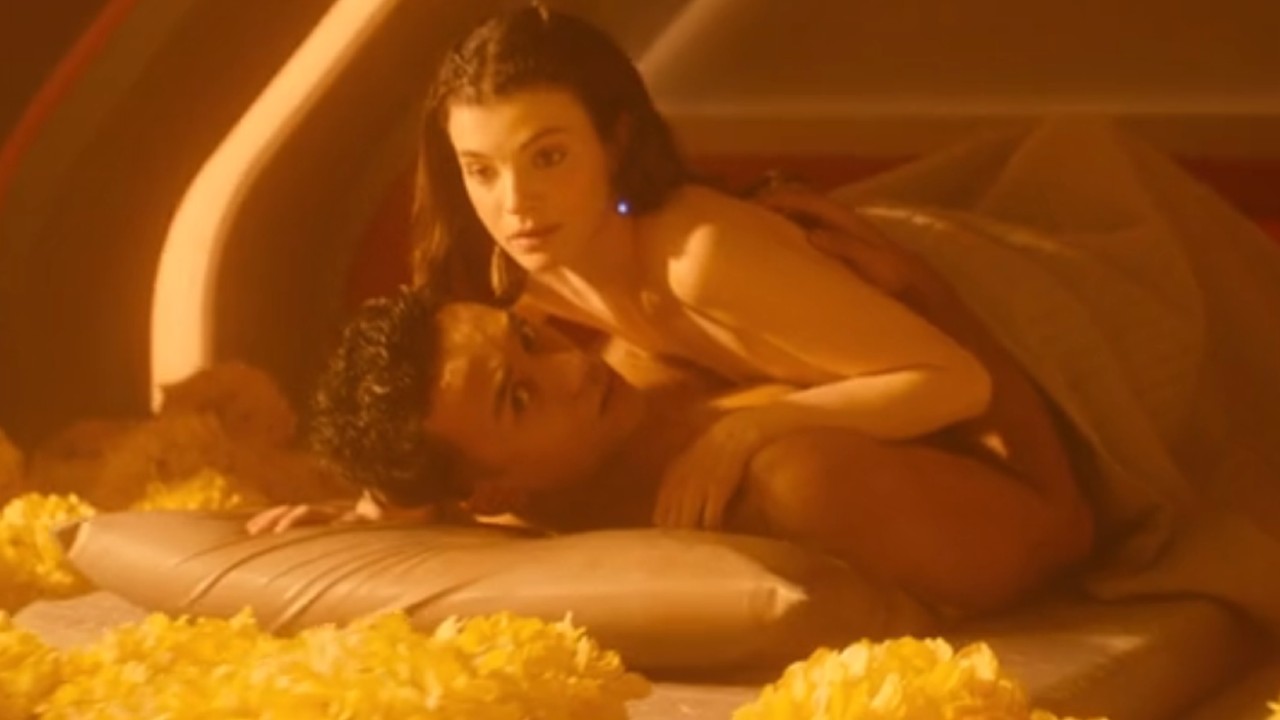All Black Mirror Seasons Ranked, Including Season 6
Which Black Mirror season cracks the code most effectively?
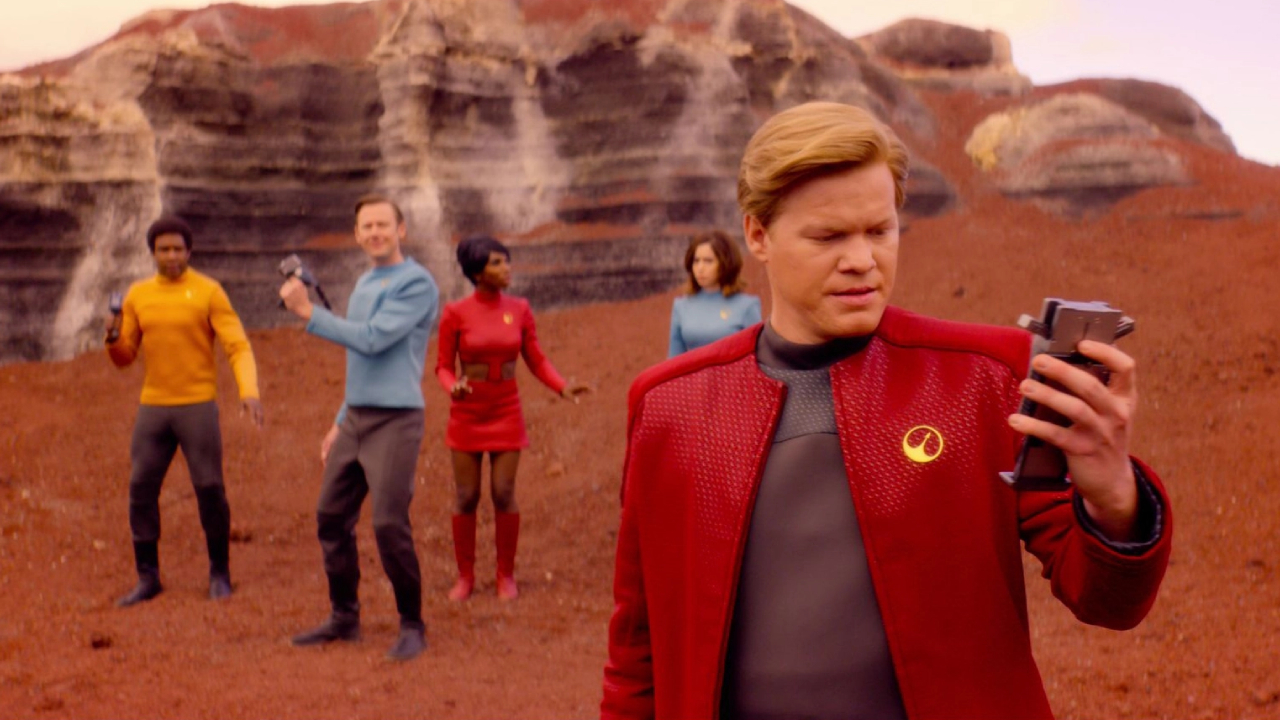
Your Daily Blend of Entertainment News
You are now subscribed
Your newsletter sign-up was successful
SPOILER WARNING: the following article contains spoilers for several episodes of Black Mirror. If you have never seen the show before, proceed with caution.
When it was announced that Black Mirror Season 7 is on the way, some social media users responded to the news with hope that the latest edition of the acclaimed sci-fi series would be more like the earlier seasons, claiming that the show has felt less “Black Mirror” in recent years. Well, considering how it is natural for any television program – even a popular horror anthology TV show such as this – to evolve over time, we can also agree that some seasons are stronger than others.
Originally debuting on the U.K.’s Channel 4 in 2011 before becoming one of the best TV shows on Netflix five years later, creator Charlie Brooker’s Emmy-winning hit has been referred to as something along the lines of “The Twilight Zone for the digital age” (or even better than Rod Serling’s classic) for its frightening depictions of technological progress that often feel less “science-fiction” and more “science-plausible-fact.” Now with an iconic Christmas special and an interactive “choose your own adventure” movie also under its belt, its influence has not died down, despite the polarizing effects of the previous two seasons. We have already ranked our choices for the best Black Mirror episodes so far, but here we present our opinion of how the first six seasons of Black Mirror (excluding White Christmas and Bandersnatch) rank amongst each other.
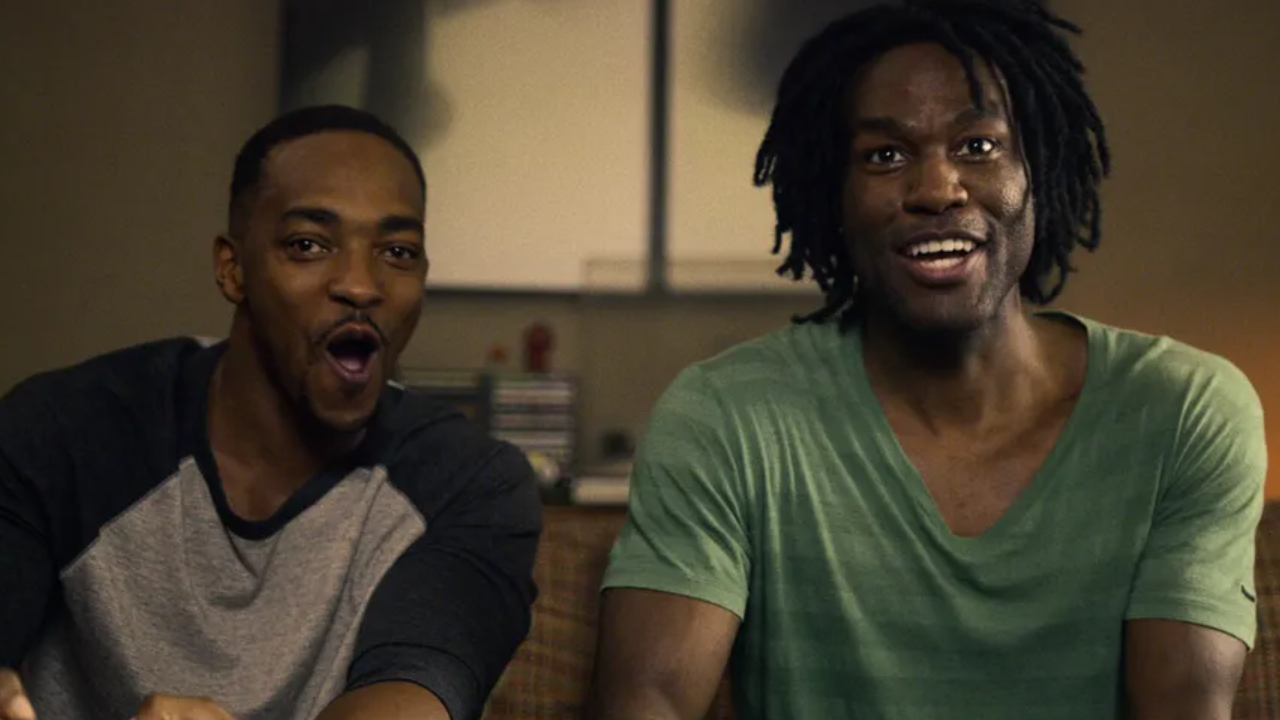
6. Black Mirror Season 5
It seems pretty obvious that, as the most polarizing season yet, we would give the bottom rank to 2019’s Black Mirror Season 5, which still keeps the series’ technophobic themes intact for the most part, but takes some tonal liberties and lacks the creativity the previous seasons boasted. While “Smithereens” – arguably that year’s best episode – is a heart-racing crime thriller on fire with Andrew Scott’s engrossing performance, it is also a relatively on-the-nose social media commentary. The tonally uneven “Rachel, Jack and Ashley Too” also suffers from a lackluster incorporation of a concept handled better in previous episodes (downloadable consciousness) but at least keeps things interesting by aptly casting Miley Cyrus as a dissatisfied pop star.
The most interesting episode, however, would have to be “Striking Vipers,” starring Anthony Mackie and Yahya Abdul-Mateen II as old college buddies who engage in an unusual affair through their avatars in a vivid video game. Its unique comments on sexual fluidity and the unexpected potential uses of VR is one of the key reasons why we still believe there is not a “bad” Black Mirror season yet. However, we also agree that, as a whole, these three episodes do not quite live up to what we had come to expect from the series by then.
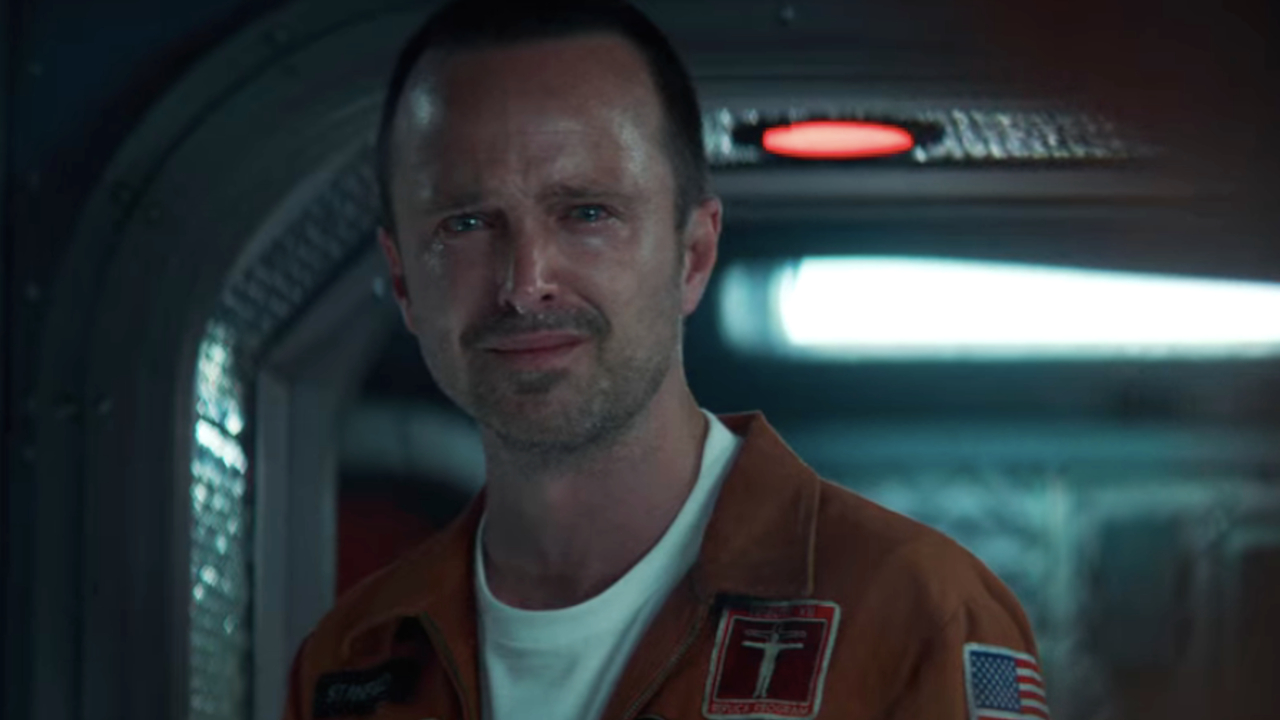
5. Black Mirror Season 6
The sixth season of Black Mirror, which dropped on Netflix in 2023, diverted even further away from the series’ more familiar tones and themes, which we would agree led to some of the series’ weaker episodes, but also some of its most intriguing yet. “Demon 79” – which introduced the show’s new “Red Mirror” label – and “Mazey Day” went in a more supernatural direction to entertaining effect. But, on the other hand, “Loch Henry” is – save its nuanced references to the true crime binge-watching trend – not much more than a modern day crime drama with a somewhat predictable twist (which actually was effective to some, however).
For us, Season 6’s best episodes stuck to the basics. The chilling, tragic “Beyond the Sea” imagined an alternate 1969 where astronauts can still live on Earth through remote, mechanical decoys and “Joan is Awful” cleverly predicts the very thing that SAG-AFTRA and the WGA were striking against in 2023: an entertainment industry reliant on A.I. While we cannot deny that the most “Black Mirror-feeling” episodes were the most satisfying, seeing the show shift gears a bit still led to a memorable ride.
Your Daily Blend of Entertainment News
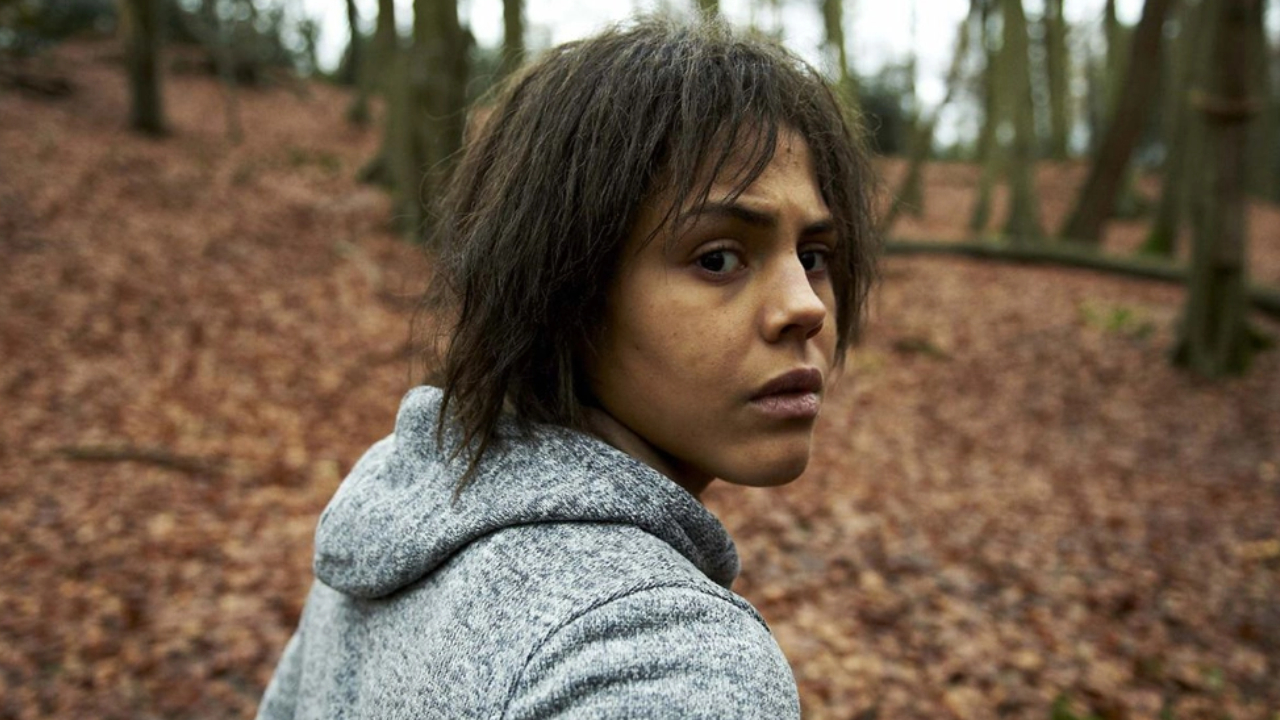
4. Black Mirror Season 2
Black Mirror’s sophomore collection of cautionary tales was the last season to air on Channel 4 before the transition to Netflix, but not the last to prove the series was something revolutionary. In retrospect, you can see how closely the concepts in Season 2 mirror some of the concepts explored in Season 1 (more on that later), but what sets it apart is how well each episode conceals that realization before the grand reveal.
“Be Right Back” (starring Hayley Atwell and Domhnall Gleeson) is an indictment on online identities taking dominion over our real-life personas disguised as a romantic tragedy. “White Bear” seems to be a post-apocalyptic metaphor for cell phones' “zombifying” psychological effects until its underlying commentary on hate mob mentality is revealed. Lastly, “The Waldo Moment” – about a cartoon character’s unexpectedly successful political campaign – offers a warning that we probably should have taken more seriously at the time. Overall, Black Mirror Season 2 remains a definitive example of the series’ shocking and thought-provoking prowess.
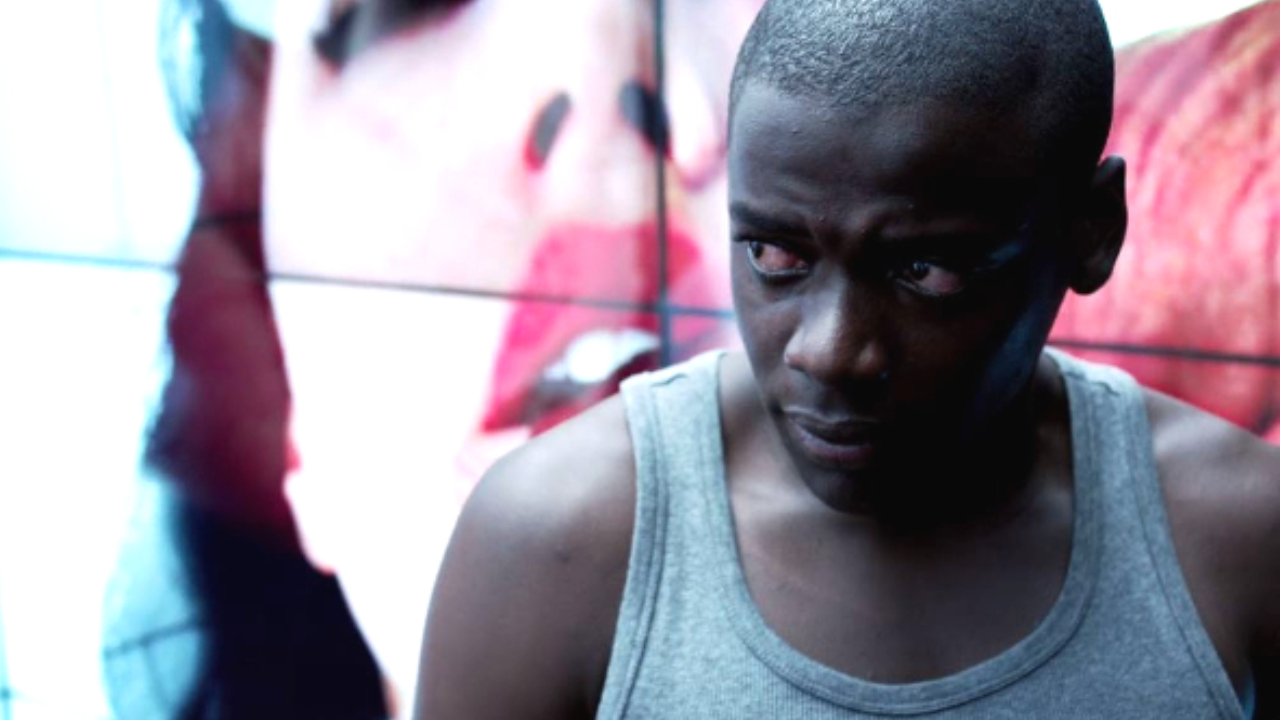
3. Black Mirror Season 1
It all began with Charlie Brooker questioning how the U.K. would react if the Prime Minister was forced to commit bestiality on a pig live on camera to save a kidnapped princess and imagining that the public would not be able to turn away from the grisly sight. The plot of “The National Anthem” was an undeniably explosive way to start things off and likely made some viewers uncomfortable, but comfort has never been Black Mirror’s MO. In fact, the traumatic nature of Season 1, astonishingly, only increases from there.
“Fifteen Millions Merits,” starring future Oscar winner Daniel Kaluuya, imagines a world literally dictated by media corporations and “The Entire History of You” follows an insecure man (Toby Kebbell) plagued by the memories he obsessively replays in the recording device ingrained in his head. None of these concepts sound too far-fetched, and it is the horrifyingly realistic approach to these bizarre ideas that helped Black Mirror make such a profound impact so early on.
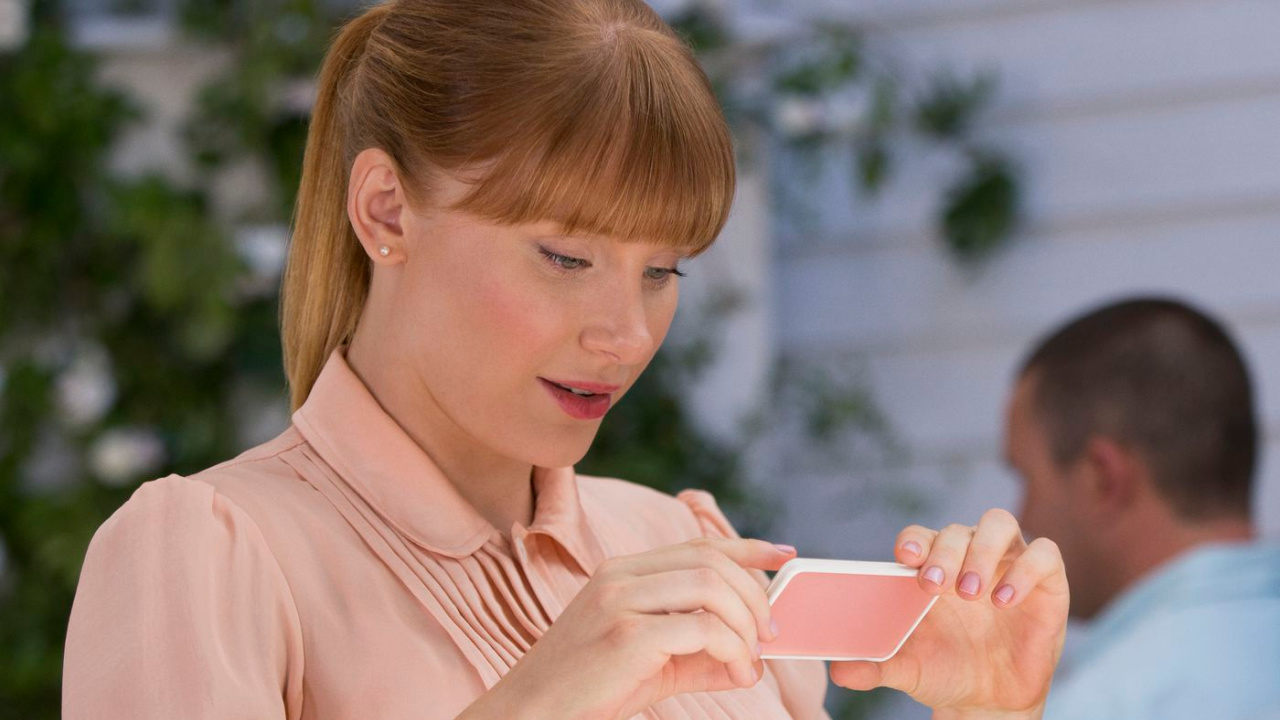
2. Black Mirror Season 3
Black Mirror’s first season as a Netflix exclusive offered a mixed bag of stories with varying concepts and tones that were each more thought-provoking than the last. Bryce Dallas Howard’s navigation of a world literally run on a 5-star rating scale in “Nosedive,” Wyatt Russell’s existential crisis in a too-real virtual reality simulation in “Playtest,” and Alex Lawther and Jermone Flynn’s race to appease demanding hackers in “Shut Up and Dance” are all furiously alarming roller coaster rides.
The feature-length mystery thriller “Hated in the Nation” also offers a more stunningly clever and unnerving commentary on mob mentality than “White Bear,” but the season’s brightest highlight is the Emmy-winning “San Junipero – a love story starring Mackenzie Davis and Gugu Mbatha-Raw that offered an unusually hopeful vision for the future, redefining the anthology series forever. The only weak point to the season, in our opinion, is “Men Against Fire” – a war epic/creature feature hybrid with an admirable, but way too on-the-nose, message in protest of xenophobia and is part of why we believe the following season is the series’ true magnum opus.
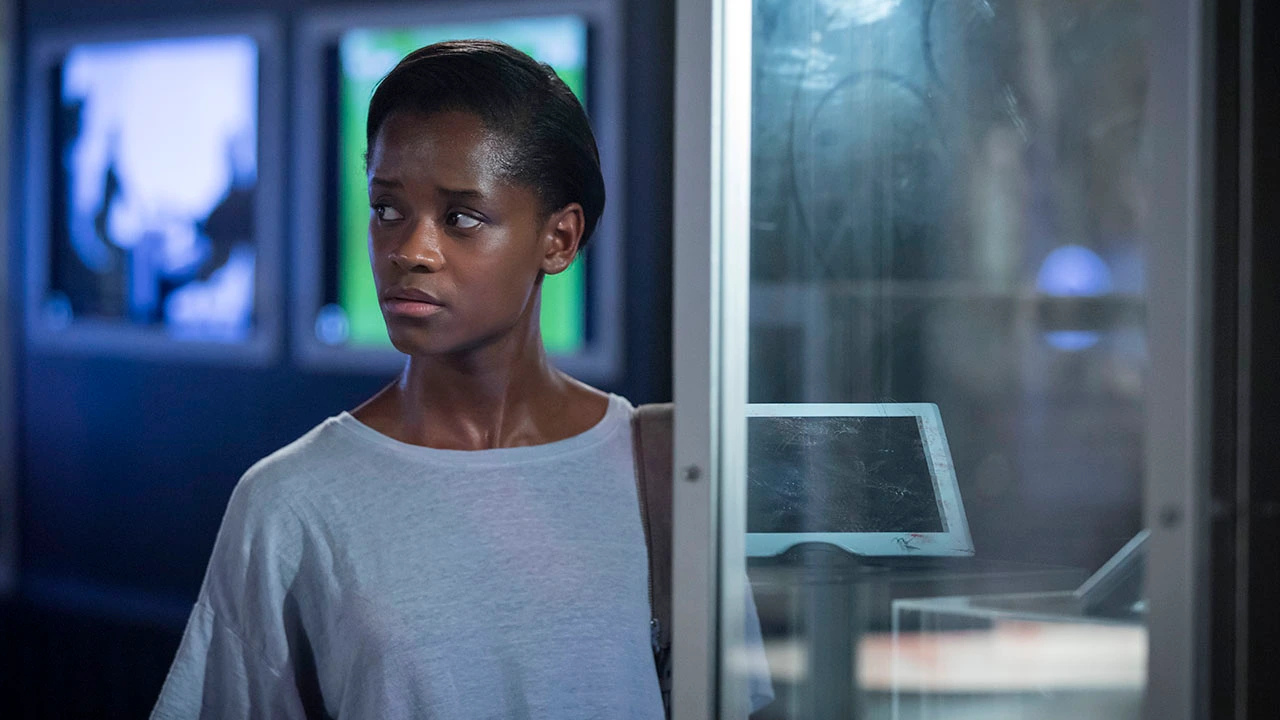
1. Black Mirror Season 4
Black Mirror’s newfound positivity (with just one Season 3 episode, really) continued in the following season, which boasted an unusually (but thankfully) even assortment of happy and sad endings. The Emmy-winning “USS Callister” saw the digital copies of real people turn their Star Trek-esque VR prison into their own adventure. “Hang the DJ” probably inspired millions to delete Tinder after its romantic leads found love by defying a manipulative dating service. The wraparound narrative of “Black Museum” – essentially a horror anthology movie with a trio of bleak stories – boasted a satisfying revenge twist.
Of course, Season 4 is not without its nightmare fuel as “Arkangel” makes you reconsider parenthood, “Crocodile” follows a woman’s (Academy Award nominee Andrea Riseborough) paralyzing descent from manslaughter to serial murder, and “Metalhead” is a stylish chase through a world ravaged by dog-like robots that actually exist, as Fast Company once reported. A great Black Mirror episode offers viewers one of two things: a fulfilling reflection of their cynical premonitions for the future or a more hopeful idea of how technology could benefit the world. Season 4 appeals to both with flawless results.
With every new advancement to technology and new behavioral trend that stems from it, one thing we can hope for is that these events inspire Charlie Brooker and co. to bring us more dark tales for us to reflect over. Until Season 7 premieres in 2025, there are also plenty of other TV shows like Black Mirror to check out.

Jason Wiese writes feature stories for CinemaBlend. His occupation results from years dreaming of a filmmaking career, settling on a "professional film fan" career, studying journalism at Lindenwood University in St. Charles, MO (where he served as Culture Editor for its student-run print and online publications), and a brief stint of reviewing movies for fun. He would later continue that side-hustle of film criticism on TikTok (@wiesewisdom), where he posts videos on a semi-weekly basis. Look for his name in almost any article about Batman.
